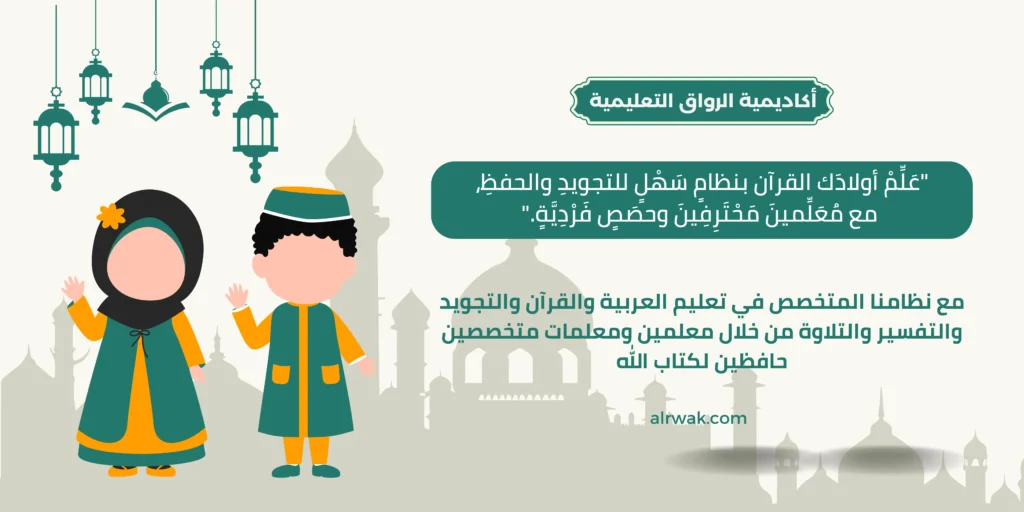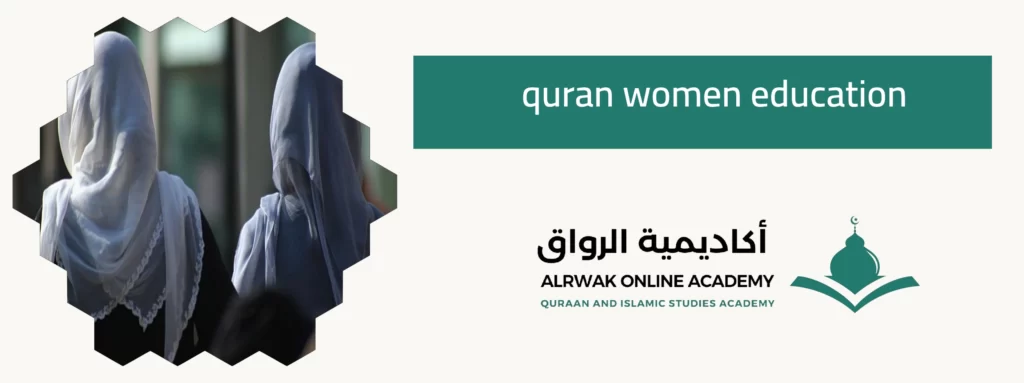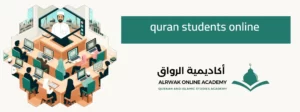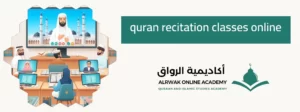quran women education The Quran, the holy scripture of Islam, stands as a reservoir of wisdom, guidance, and enlightenment. Its verses are not confined to a particular time or context; rather, they offer perennial truths applicable to all aspects of human life. Among the myriad themes that the Quran addresses, the promotion of education, particularly for women, emerges as a cornerstone of its message. In exploring the Quranic perspective on women’s education, we delve into a profound narrative that emphasizes the empowerment, liberation, and holistic development of women. This article endeavors to unravel the layers of Quranic teachings concerning women’s education, examining its historical context, contemporary relevance, and the transformative potential it holds for societies worldwide. By delving into the Quranic discourse on women’s education, we embark on a journey of enlightenment, seeking to understand how this divine guidance can shape a future where women stand as equals, equipped with knowledge, agency, and purpose.
quran women education
The Quran, revered as the ultimate source of guidance for Muslims worldwide, advocates for the education and empowerment of women with a clarity and emphasis that resonates through the ages. Rooted in the teachings of Islam, the Quranic narrative on women’s education challenges antiquated notions and fosters a paradigm of equality and enlightenment. Central to this discourse is the recognition of women as deserving recipients of knowledge, not merely as passive participants but as active agents in shaping societies. The Quranic injunctions emphasize the pursuit of knowledge as a fundamental duty for all believers, irrespective of gender, thereby dismantling barriers that hinder women’s access to education. Surah Al-Zumar (39:9) unequivocally asserts, “Are those who know equal to those who do not know?”—a rhetorical question that underscores the intrinsic value of knowledge and its universal applicability. Moreover, the Quran exalts the pursuit of knowledge as a means to deepen one’s faith and understanding of divine wisdom, transcending societal constructs that limit women’s intellectual growth. Surah Al-Tawbah (9:122) affirms, “It is not for the believers to go forth [to battle] all at once. For every division among them is a group [remaining] to obtain understanding in the religion and warn their people when they return to them that they might be cautious.” This verse elucidates the Quran’s recognition of diverse roles within the community, highlighting the importance of nurturing scholars and educators, including women, to impart knowledge and guide others towards enlightenment.
Moreover, the Quranic narrative on women’s education intersects with broader principles of justice, equity, and human dignity. Surah An-Nisa (4:32) elucidates, “And do not wish for that by which Allah has made some of you exceed others. For men is a share of what they have earned, and for women is a share of what they have earned.” This verse encapsulates the Quran’s call for gender equality in rights and opportunities, including access to education and intellectual pursuits. By affirming women’s entitlement to their earned shares, the Quran challenges patriarchal structures that perpetuate disparities and marginalization. It fosters a vision of society where women are valued as equal partners in the quest for knowledge and contribute their unique perspectives and talents to the collective advancement of humanity. Furthermore, the Quranic narrative on women’s education extends beyond mere academic pursuits to encompass moral and spiritual development. Surah Al-Mujadila (58:11) implores, “O you who have believed, when you are told, ‘Space yourselves’ in assemblies, then make space; Allah will make space for you. And when you are told, ‘Arise,’ then arise; Allah will raise those who have believed among you and those who were given knowledge, by degrees. And Allah is Acquainted with what you do.” This verse underscores the Quran’s emphasis on humility, cooperation, and the cultivation of virtues such as patience and perseverance in the pursuit of knowledge.
Furthermore, the Quranic narrative on women’s education resonates with contemporary efforts to promote gender equality and social justice. In an era marked by global movements advocating for women’s rights and empowerment, the Quran offers a timeless framework that transcends cultural boundaries and historical contexts. Surah Al-Ahzab (33:35) proclaims, “Indeed, the Muslim men and Muslim women, the believing men and believing women, the obedient men and obedient women, the truthful men and truthful women, the patient men and patient women, the humble men and humble women, the charitable men and charitable women, the fasting men and fasting women, the men who guard their private parts and the women who do so, and the men who remember Allah often and the women who do so—for them Allah has prepared forgiveness and a great reward.” This verse exemplifies the Quran’s recognition of women’s contributions to faith and society, affirming their equal standing before Allah and their capacity for spiritual growth and moral excellence. By embracing the Quranic teachings on women’s education, Muslims can foster inclusive communities where women are valued, respected, and empowered to realize their full potential.
In conclusion, the Quranic narrative on women’s education serves as a beacon of guidance and inspiration for Muslims seeking to uphold principles of justice, equity, and human dignity. It challenges entrenched patriarchal norms and societal constructs that hinder women’s access to knowledge and participation in intellectual pursuits. By affirming the intrinsic value of women’s education and their entitlement to equal rights and opportunities, the Quran fosters a vision of society where women are valued as equal partners in the quest for knowledge and the advancement of humanity. Moreover, the Quranic narrative on women’s education intersects with broader principles of morality, spirituality, and social justice, offering a holistic framework that transcends cultural boundaries and historical contexts. In embracing the Quran’s teachings, Muslims can contribute to the realization of a more just, equitable, and inclusive world, where women are empowered to fulfill their roles as educators, scholars, and leaders in their communities and beyond.
more: online quran classes
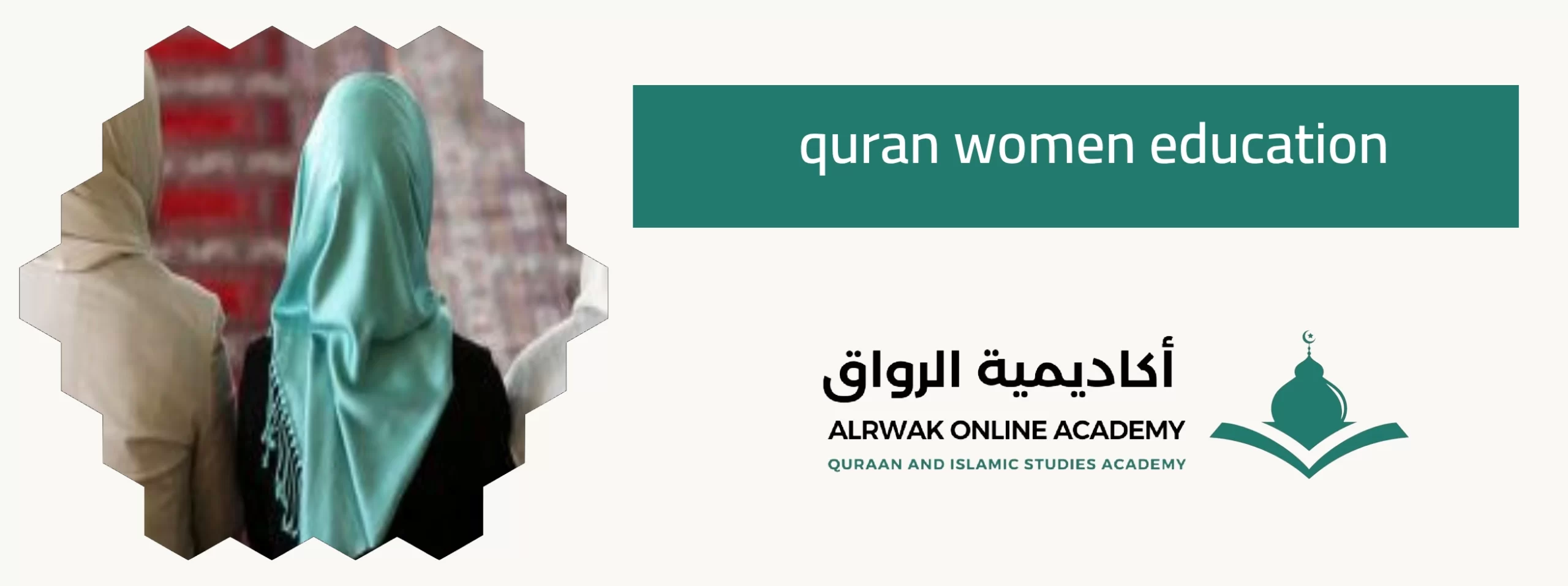
Education of women in Islam
The education of women in Islam is not only encouraged but also considered a fundamental aspect of societal development and spiritual growth. Rooted in the teachings of the Quran and the traditions of Prophet Muhammad (peace be upon him), Islam emphasizes the importance of seeking knowledge for both men and women. The Quranic injunctions regarding education are gender-neutral, emphasizing the pursuit of knowledge as a duty incumbent upon all believers. Surah Al-Zumar (39:9) states, “Are those who know equal to those who do not know?”—a rhetorical question that underscores the intrinsic value of knowledge and its universal applicability. Prophet Muhammad (peace be upon him) is reported to have said, “Seeking knowledge is obligatory for every Muslim,” without any distinction based on gender. This emphasis on education reflects Islam’s recognition of the transformative power of knowledge in shaping individuals, families, and societies. Moreover, the Quranic narrative on women’s education challenges prevailing cultural norms and societal constructs that historically marginalized women’s access to learning. Surah An-Nisa (4:32) emphasizes gender equality in rights and opportunities, including access to education and intellectual pursuits, stating, “And do not wish for that by which Allah has made some of you exceed others. For men is a share of what they have earned, and for women is a share of what they have earned.” This verse highlights Islam’s commitment to justice and equity, affirming women’s entitlement to their earned shares and recognizing their capacity for intellectual growth and contribution to society. Additionally, Islam recognizes the pivotal role of women as educators and transmitters of knowledge within the family and community. The Prophet Muhammad (peace be upon him) famously declared, “Paradise lies at the feet of mothers,” underscoring the significance of women’s role in nurturing future generations through education and upbringing. This recognition elevates the status of women as essential agents in the dissemination of knowledge and the cultivation of moral and spiritual values within society. Furthermore, the Quranic narrative on women’s education extends beyond mere academic pursuits to encompass moral and spiritual development. Surah Al-Tawbah (9:122) encourages believers to deepen their understanding of religion and warn their communities, affirming the importance of nurturing scholars and educators, including women, to guide others towards enlightenment. In light of these Quranic teachings and prophetic traditions, Muslims are called upon to prioritize the education of women as a means to foster individual empowerment, societal progress, and spiritual enlightenment. Through education, women are empowered to fulfill their roles as active participants in social, economic, and political spheres, contributing their unique perspectives and talents to the collective advancement of humanity. Moreover, education serves as a catalyst for social change, challenging entrenched patriarchal norms and fostering a culture of equality and inclusion. As Muslims strive to uphold the principles of justice, equity, and human dignity, the education of women emerges as a cornerstone of their faith and a pathway towards a more just, equitable, and enlightened society.
Overcoming Obstacles to Women’s Education through Quranic Guidance
The journey towards ensuring women’s education faces multifaceted challenges deeply entrenched in cultural, social, and economic structures worldwide. However, Quranic guidance provides a steadfast beacon illuminating the path towards overcoming these obstacles and realizing the full potential of women’s educational empowerment. One significant challenge stems from cultural norms and traditions that prioritize male education over female education, perpetuating gender disparities in access to learning opportunities. Despite this, the Quran asserts the equal worth of both genders in seeking knowledge, transcending cultural biases. Surah Al-Zumar (39:9) resoundingly asks, “Are those who know equal to those who do not know?”—a rhetorical query underscoring the intrinsic value of knowledge, regardless of gender. Through this verse, Quranic guidance challenges patriarchal structures by affirming women’s entitlement to education and their capacity for intellectual growth and contribution to society. Moreover, economic barriers often impede women’s access to education, particularly in impoverished communities where resources are scarce and educational expenses are prohibitive. However, the Quranic narrative emphasizes the duty of society to ensure equitable access to education for all, regardless of socioeconomic status. Surah An-Nisa (4:32) reinforces this principle of equity, stating, “And do not wish for that by which Allah has made some of you exceed others. For men is a share of what they have earned, and for women is a share of what they have earned.” This verse underscores Islam’s commitment to justice and fairness, challenging societal norms that marginalize women’s educational opportunities based on economic circumstances. Additionally, cultural perceptions of gender roles may hinder women’s pursuit of education, as societal expectations often prioritize domestic duties over academic endeavors for women. However, the Quranic narrative recognizes the multifaceted roles of women within society and encourages their active participation in intellectual pursuits. Surah Al-Tawbah (9:122) exemplifies this by affirming the importance of nurturing scholars and educators, including women, to guide others towards enlightenment. Through Quranic guidance, cultural barriers that limit women’s educational opportunities can be dismantled, paving the way for a more inclusive and equitable educational landscape.
Furthermore, institutionalized discrimination and systemic biases present formidable challenges to women’s education in many societies. Discriminatory policies and practices may restrict women’s access to schools, universities, and educational resources, perpetuating cycles of marginalization and exclusion. However, Quranic principles advocate for the elimination of all forms of injustice and oppression, including gender-based discrimination. Surah Al-Hujurat (49:13) emphasizes the Quran’s call for equality and mutual respect among all members of society, irrespective of gender, ethnicity, or social status. By adhering to these principles, communities can work towards dismantling institutional barriers to women’s education and fostering environments conducive to learning and intellectual growth for all. Moreover, patriarchal interpretations of religious texts may serve to justify and perpetuate gender inequalities, including limitations on women’s educational opportunities. However, Quranic guidance offers a nuanced and egalitarian perspective on women’s rights and responsibilities, challenging patriarchal interpretations that undermine women’s autonomy and agency. Surah Al-Ahzab (33:35) affirms the equal spiritual worth of men and women, declaring, “Indeed, the Muslim men and Muslim women, the believing men and believing women, the obedient men and obedient women, the truthful men and truthful women, the patient men and patient women, the humble men and humble women, the charitable men and charitable women, the fasting men and fasting women, the men who guard their private parts and the women who do so, and the men who remember Allah often and the women who do so—for them Allah has prepared forgiveness and a great reward.” This verse underscores the Quran’s rejection of gender-based discrimination and affirms women’s entitlement to the same rights and opportunities as men, including access to education. Through a reexamination of Quranic teachings, communities can challenge patriarchal interpretations and promote a more inclusive and equitable understanding of women’s rights and roles in society.
In conclusion, Quranic guidance provides a comprehensive framework for navigating the challenges and obstacles to women’s education, offering principles of equity, justice, and empowerment that transcend cultural, social, and economic barriers. By adhering to Quranic principles, communities can dismantle discriminatory practices, challenge patriarchal norms, and create environments conducive to the intellectual and spiritual growth of all members, regardless of gender. Through collective action and a commitment to Quranic values, societies can realize the full potential of women’s educational empowerment, fostering a more just, equitable, and enlightened future for generations to come.

